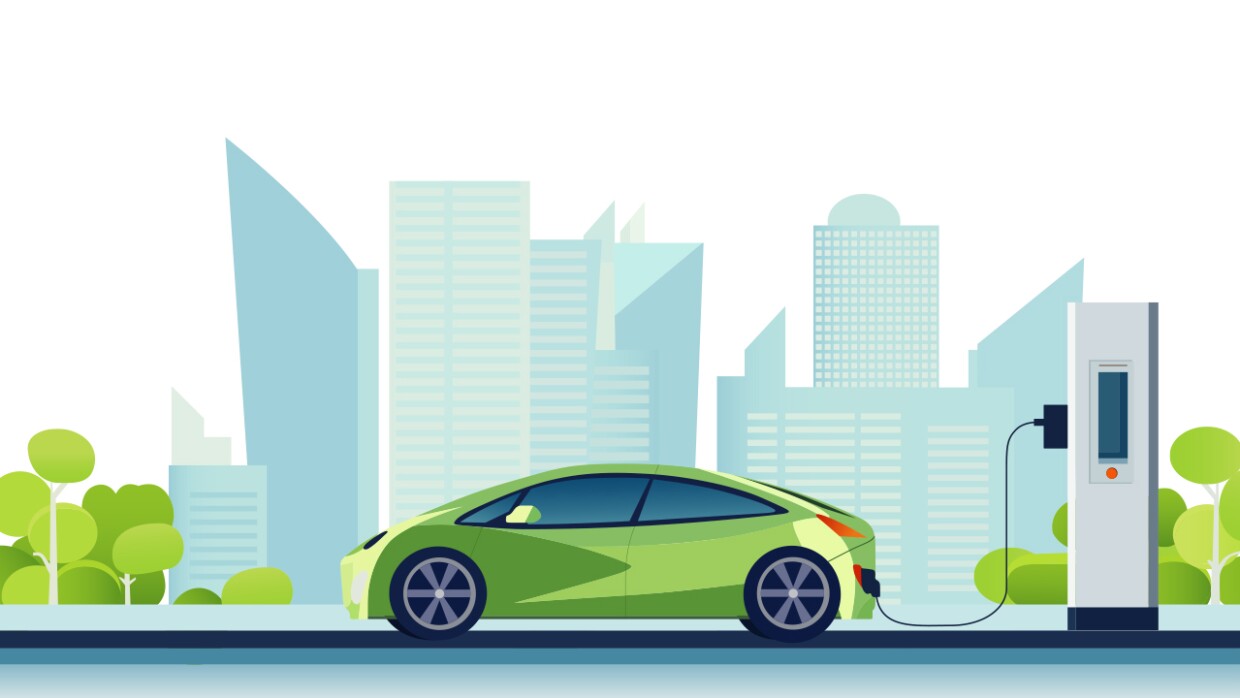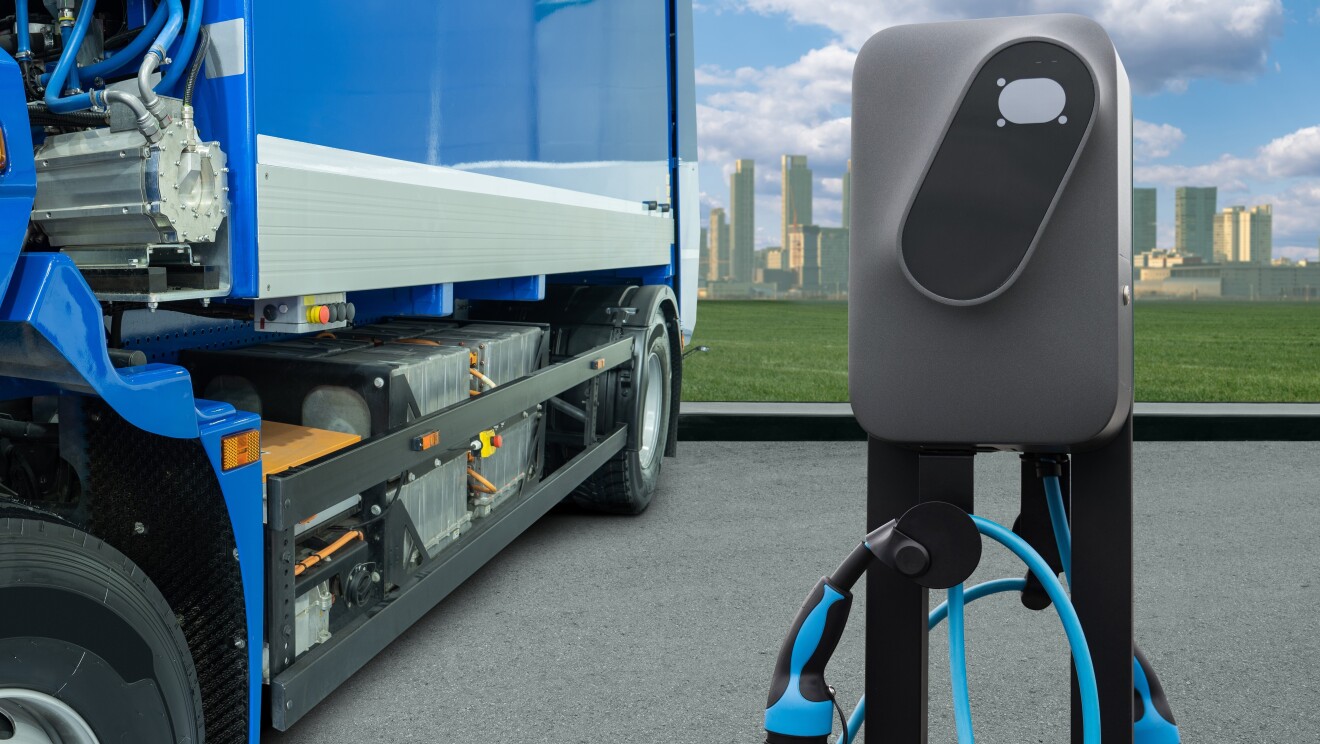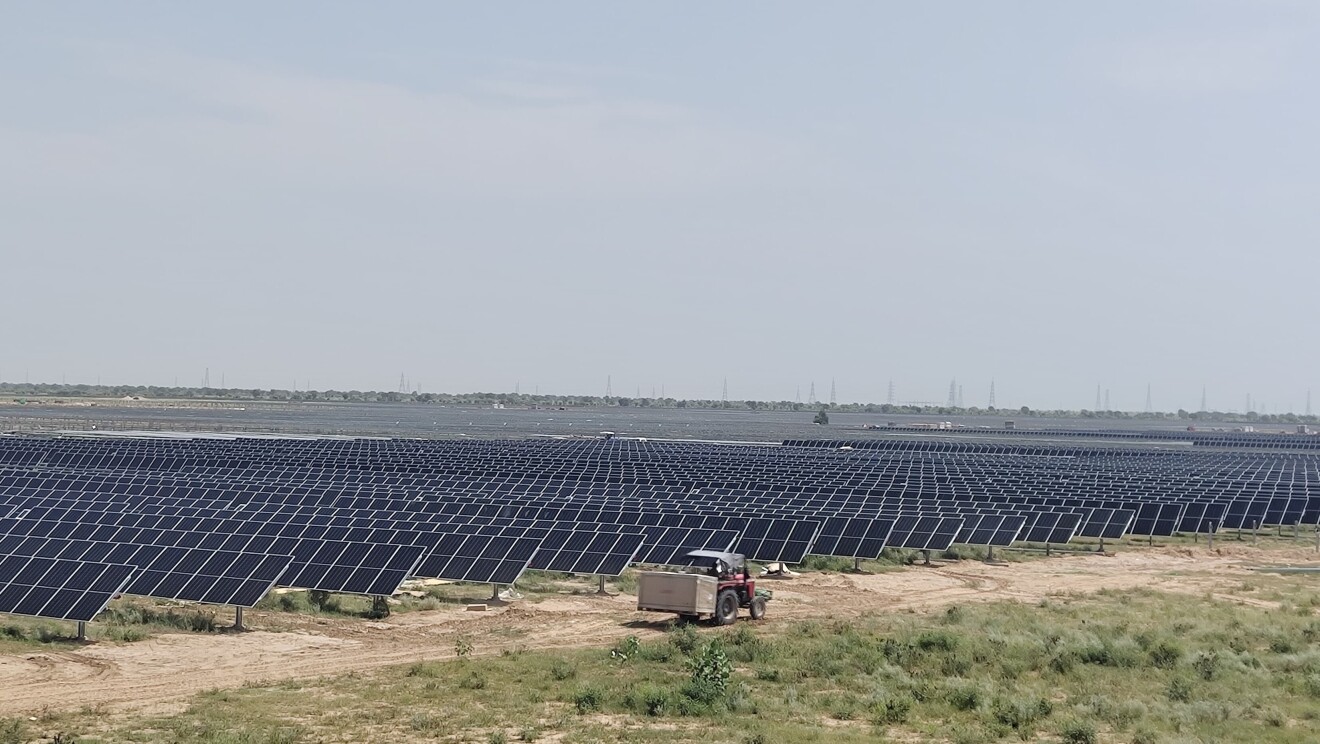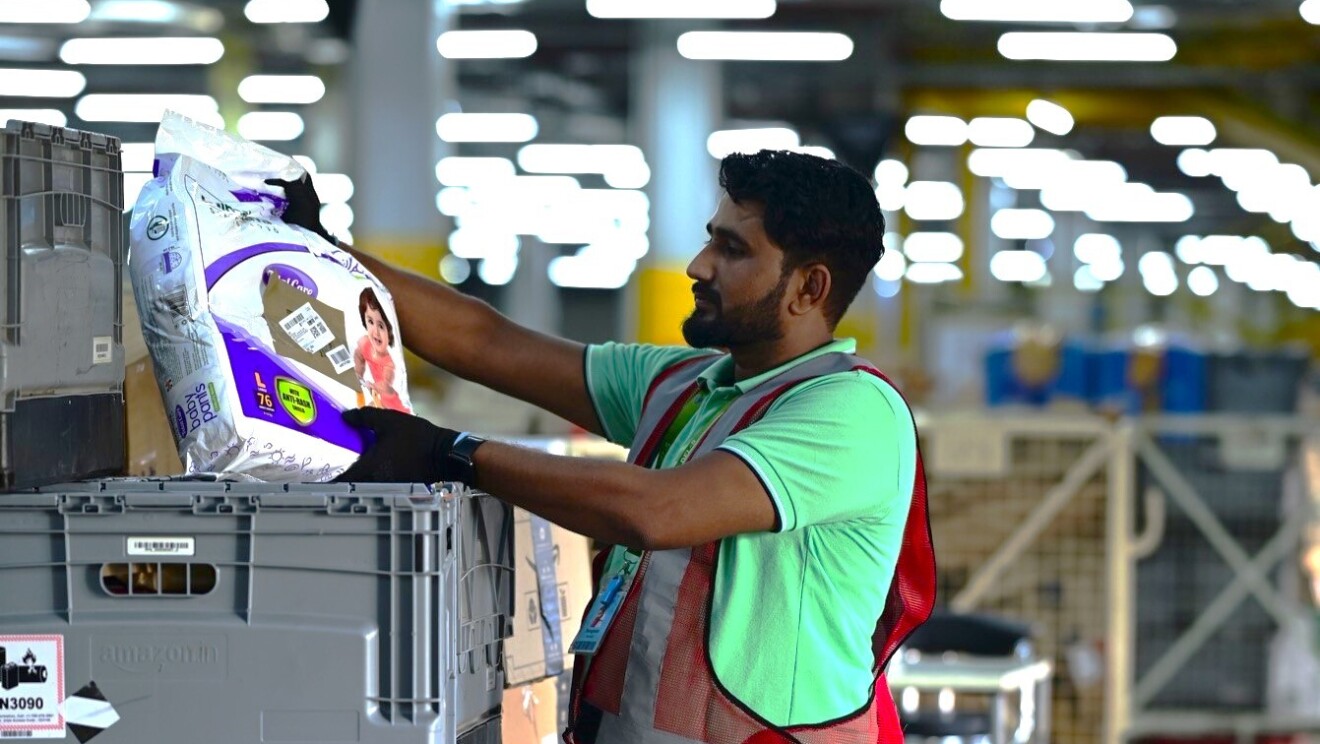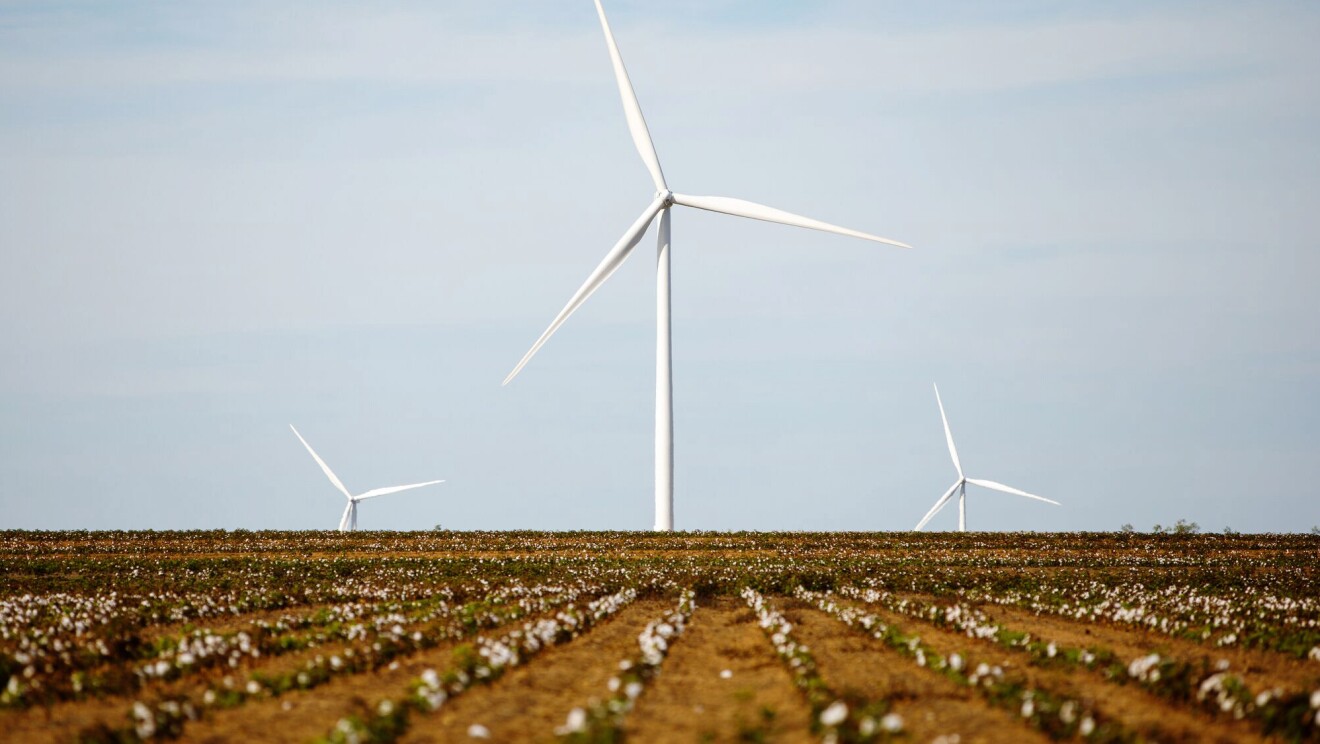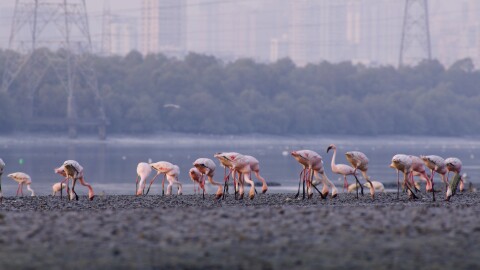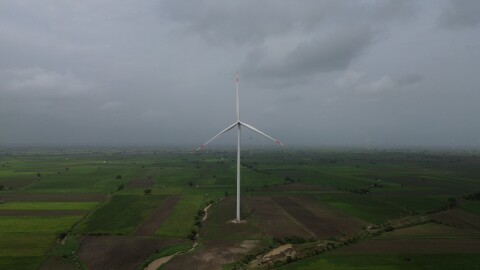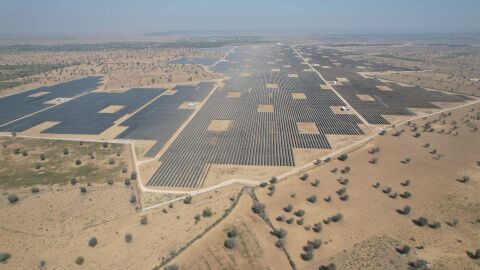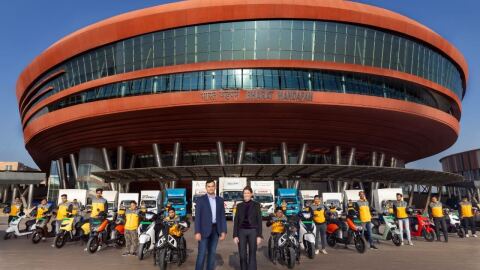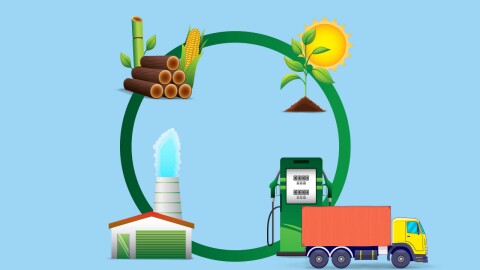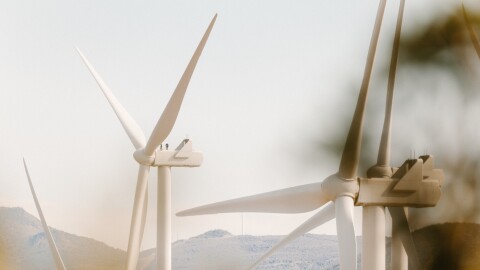In a major push to accelerate the adoption of electric vehicles in India, The Climate Pledge (co-founded by Amazon and Global Optimism) today announced a new project—Joint Operation Unifying Last-mile Electrification (JOULE)— to build a network of shared electric vehicle charging stations in Bengaluru.
Powered by renewable energy, this $2.65 million initiative aims to support over 5,500 EVs by 2030 and overcome infrastructure gaps hindering corporate EV fleet transitions in India's tech capital. The first EV charging station located at Doddakallasandra is fully operational.
The initiative is part of The Climate Pledge’s commitment to achieve net-zero carbon emissions by 2040, 10 years ahead of the Paris Agreement. Pledge signatories such as Amazon, Mahindra Logistics, Uber, HCLTech and Magenta Mobility will work together to optimise the usage of the EV charging stations, combining the charging needs of their EV fleets to ensure the infrastructure is well utilised. Industry partner Kazam, an India-based EV charging platform, will build the network of shared charging stations. The project will also be supported by renewable energy provider Greenko and strategic consulting partner Deloitte.

Sustainability at its core
All the electricity used by the charging stations (projected to reach 22,700 megawatt-hours of power) will be matched with 100% renewable energy, amounting to an estimated 6.2 megawatt of renewable energy capacity by 2030. By the same year, JOULE is also expected to save over 11.2 million litres of fuel and cut down an estimated 25,700 tonnes of carbon-dioxide emissions. In addition, the project will create an estimated 185 full-time jobs in Bengaluru between 2024 to 2030.
We’re proud to be part of The Climate Pledge's initiative to build new charging stations. JOULE advances our goal of deploying 10,000 EVs in India by 2025. With over 7,300 EVs in our India operations so far, we’re on track to achieve this and remain committed to collaborating with manufacturers, delivery service providers, and others to scale EV adoption.
A significant step towards boosting EV adoption
As part of this project, five more charging stations will be functional in Bengaluru by the end of this year, with plans to further expand in order to meet the growing demand for local EV infrastructure.
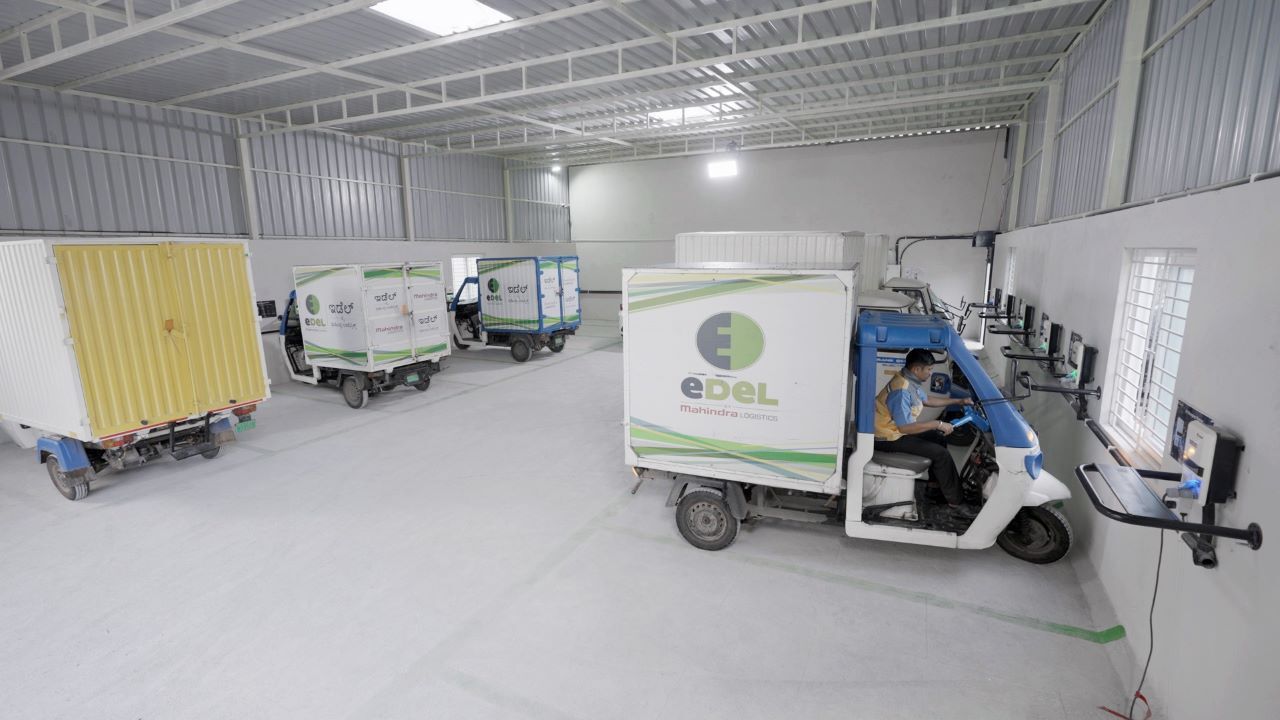
“Establishing a shared network of EV charging stations in Bengaluru is a significant step towards achieving our national goal of increasing electric vehicle adoption, and we fully support this innovative collaboration led by The Climate Pledge," says Gunjan Krishna, Industries Commissioner, Government of Karnataka. “This initiative not only enhances the accessibility of EV infrastructure but also demonstrates the power of public-private partnerships in driving India's transition to a more sustainable future.”
Last year, The Climate Pledge announced the Laneshift initiative—committing $10 million to C40 cities to kickstart the development and deployment of zero-emission electric trucks and charging infrastructure across major cities in India and Latin America. In India, Laneshift will accelerate the development of EV infrastructure and the deployment of EV vehicles across Mumbai, Bengaluru, Delhi, and Pune, helping to reduce emissions, clean up the air and generate new jobs.
Amazon’s decarbonisation journey
Amazon continues to decarbonise its own transportation network with multiple EV partnerships around the world. Amazon currently has more than 7,300 EVs in its India delivery fleet, making deliveries across the country. Last year, Amazon launched its global last mile fleet programme in India with 100% electric vehicles (EVs), a global first for the company. The programme enables Delivery Service Partners (DSPs) to lease a fleet of tailored three-wheeler EVs through a fleet management company. Through this programme, DSPs get access to zero-emission electric vehicles that are safe and custom-designed for Amazon deliveries. The company is on track to have 10,000 EVs in India by 2025.
Amazon’s commitment to sustainability
Sustainability has been at the heart of our operations. In our 2023 annual sustainability report, Amazon announced a significant milestone—we matched 100% of the electricity used across our global operations with renewable energy sources, achieving this goal seven years ahead of schedule.
We launched six significant utility-scale projects in India in the past year on our path to reaching 100% renewable energy across our operations by 2025. This includes three wind-solar hybrid projects located in Madhya Pradesh and Karnataka. Representing a renewable energy capacity of 500MW, these projects are among significantly large wind-solar hybrid corporate Power Purchase Agreements (PPA) by a technology company in India. Combined with three solar farms in Rajasthan, our utility-scale renewable energy project portfolio in India, represents a total capacity of 920MW.
In India, we continue to reduce our packaging and prioritise recyclable materials while ensuring orders reach our customers undamaged. We’ve replaced most plastic packaging materials such as bubble wraps and air pillows with paper cushions.
Read more about The Climate Pledge here.


